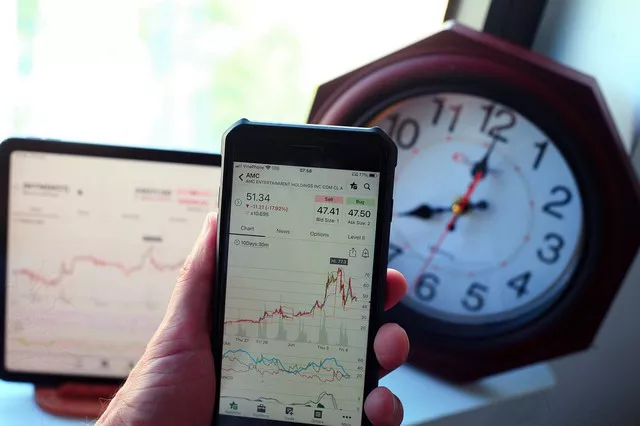In the realm of financial markets, futures trading stands out as a dynamic and versatile avenue for investors seeking exposure to a wide range of asset classes, from commodities and currencies to stock indices and interest rates. However, for US traders, navigating the world of futures trading can sometimes be met with uncertainty due to regulatory complexities and market dynamics. In this article, we explore the possibilities for US traders in futures trading, shedding light on the regulations, opportunities, and considerations that shape this fascinating market.
Understanding Futures Trading
Futures trading involves buying or selling contracts that obligate the parties involved to buy or sell a specific asset at a predetermined price on a specified future date. These contracts are standardized and traded on regulated exchanges, providing investors with a transparent and efficient marketplace for price discovery and risk management. Futures contracts are available for a wide range of underlying assets, including commodities such as oil, gold, and agricultural products, as well as financial instruments such as stock indices, currencies, and interest rates.
Regulatory Environment for US Traders
In the United States, futures trading is regulated by the Commodity Futures Trading Commission (CFTC), an independent agency tasked with overseeing the futures and options markets to protect market participants and promote market integrity. The CFTC regulates futures exchanges, futures commission merchants (FCMs), commodity pool operators (CPOs), commodity trading advisors (CTAs), and other market participants to ensure compliance with regulatory requirements and safeguard the interests of investors.
Opportunities for US Traders in Futures Markets
Despite regulatory oversight, US traders have access to a wide range of opportunities in futures trading, with access to both domestic and international futures markets. US traders can trade futures contracts on US exchanges such as the Chicago Mercantile Exchange (CME), the Chicago Board of Trade (CBOT), and the New York Mercantile Exchange (NYMEX), which offer a diverse array of futures contracts covering commodities, currencies, stock indices, and interest rates.
Additionally, US traders can access international futures markets through global futures exchanges such as the Intercontinental Exchange (ICE), the London Metal Exchange (LME), and Eurex, which offer futures contracts on a variety of asset classes. By trading futures contracts on international exchanges, US traders can gain exposure to foreign markets and diversify their portfolios across different regions and asset classes.
Considerations for US Traders
While futures trading offers numerous opportunities for US traders, there are several considerations to keep in mind when engaging in this market:
1. Regulatory Compliance: US traders must comply with regulatory requirements set forth by the CFTC and other regulatory agencies to ensure adherence to trading rules and protect against potential legal risks. It is essential for US traders to understand the regulatory framework governing futures trading and stay informed about any changes or updates to regulatory requirements.
2. Risk Management: Futures trading involves inherent risks, including price volatility, leverage, and counterparty risk. US traders should implement risk management strategies to protect against potential losses and manage exposure to market fluctuations. This may include setting stop-loss orders, diversifying portfolios, and managing position sizes to limit risk exposure.
3. Market Analysis: Successful futures trading requires a solid understanding of market fundamentals, technical analysis, and macroeconomic trends. US traders should conduct thorough market analysis and research to identify potential trading opportunities and make informed decisions based on market dynamics and trends.
4. Trading Platforms and Technology: US traders need access to reliable trading platforms and technology infrastructure to execute trades efficiently and effectively. It is essential to choose a reputable broker with robust trading platforms, advanced charting tools, and reliable execution to support trading activities in the futures market.
Conclusion
In conclusion, US traders have access to a wide range of opportunities in futures trading, with access to both domestic and international futures markets. Despite regulatory oversight, US traders can engage in futures trading with confidence, leveraging the transparency, liquidity, and efficiency of regulated futures exchanges to pursue their investment goals. By understanding the regulatory environment, exploring opportunities in futures markets, and implementing sound risk management strategies, US traders can navigate the complexities of futures trading and capitalize on the potential rewards offered by this dynamic and versatile market.


